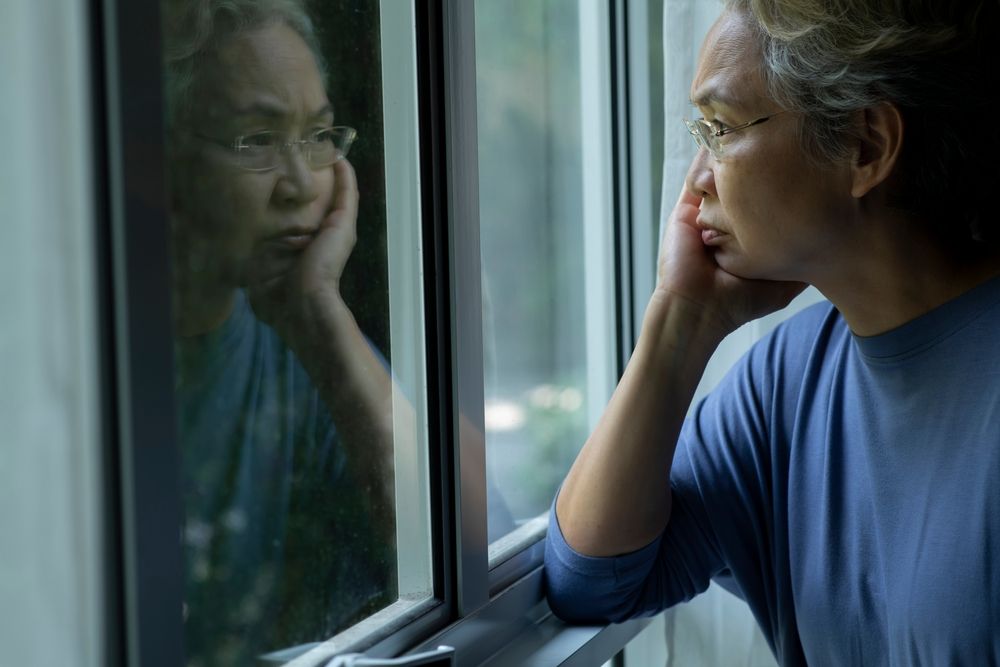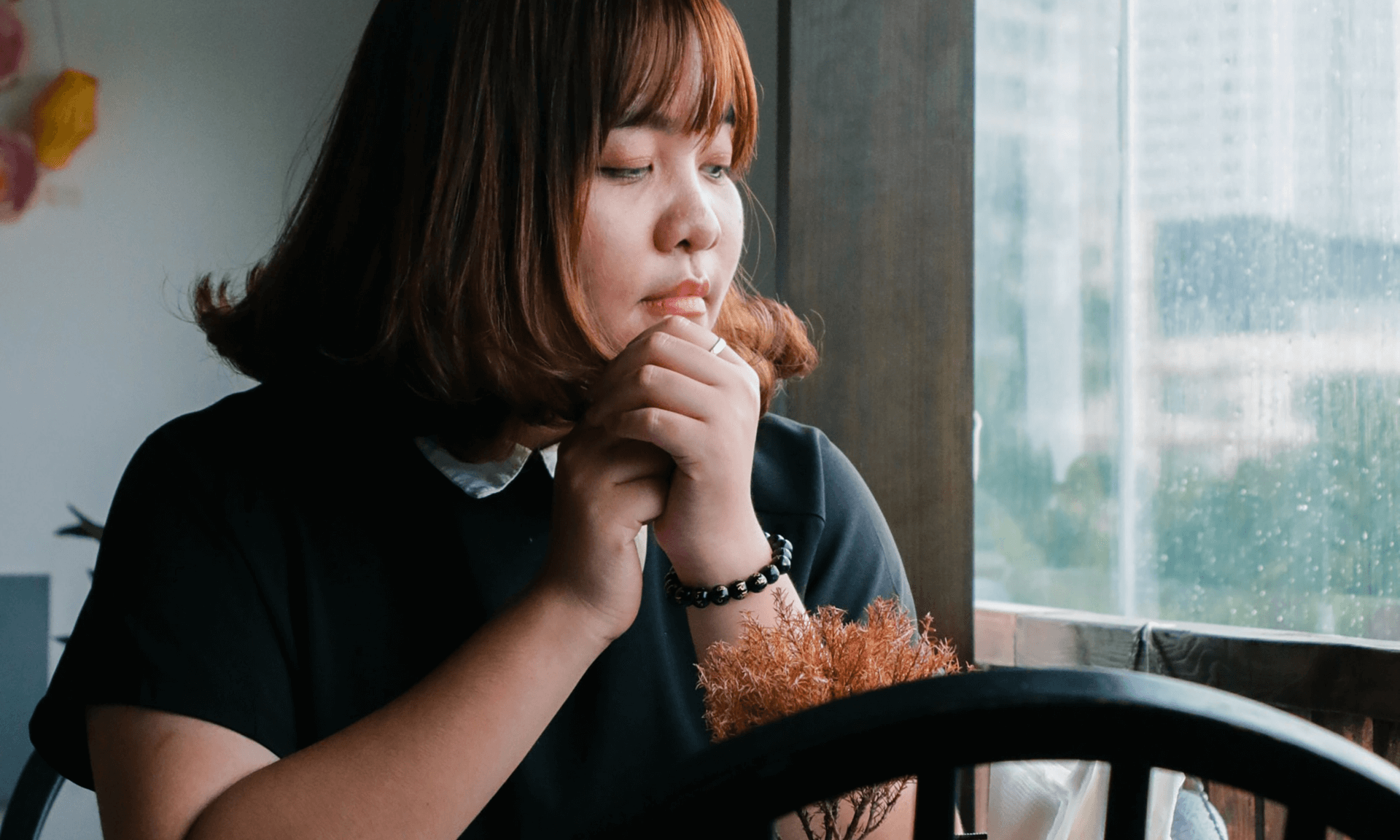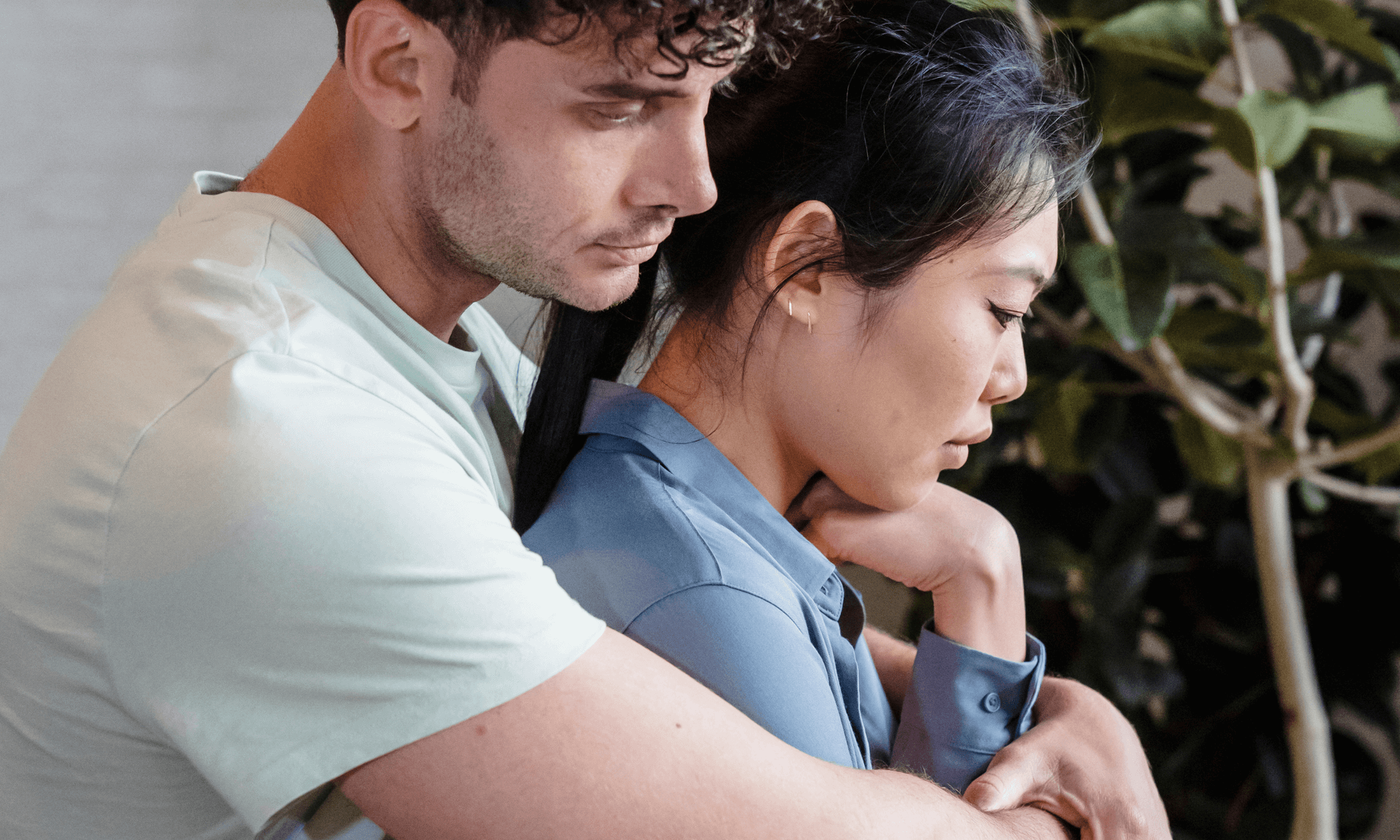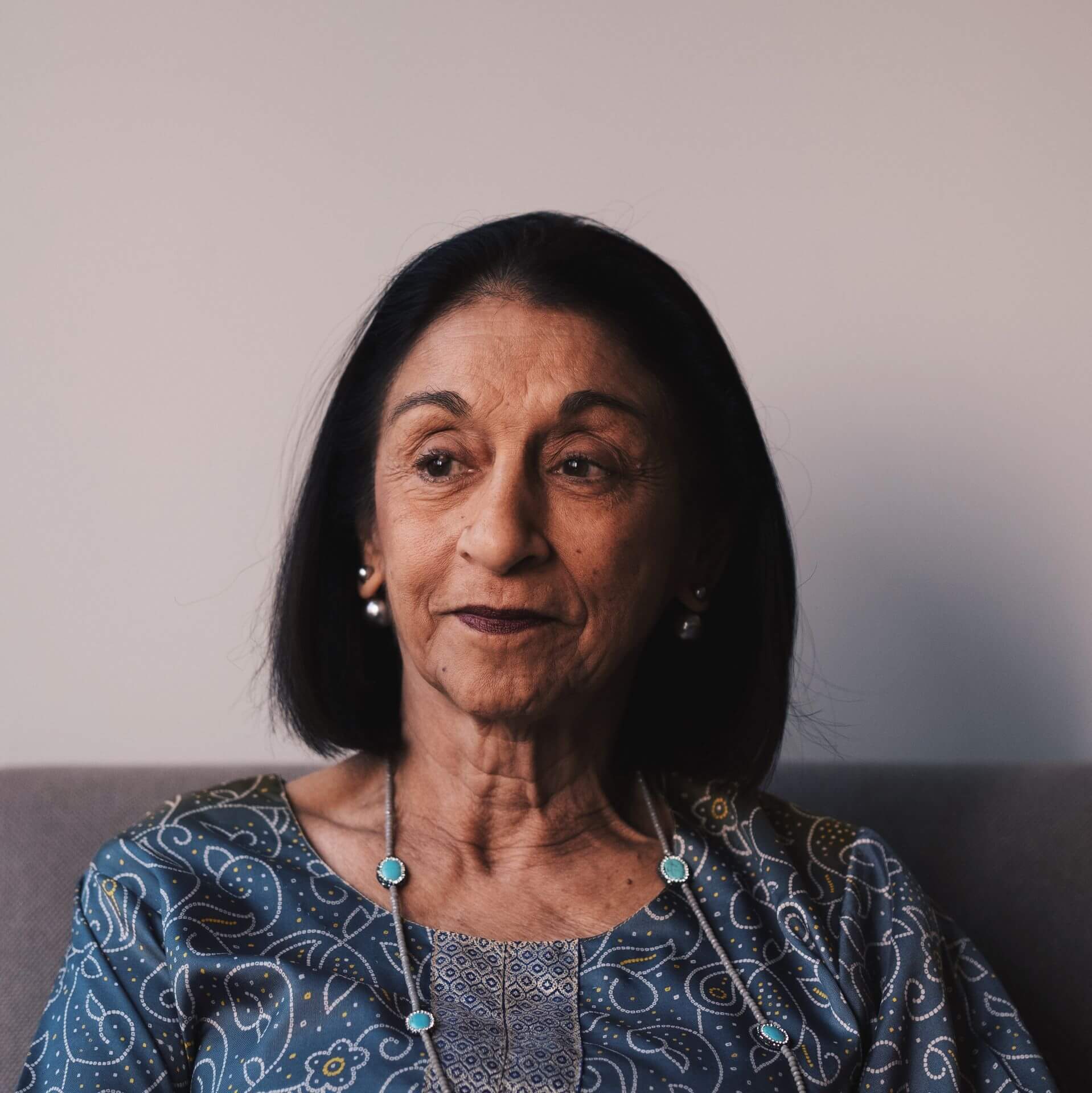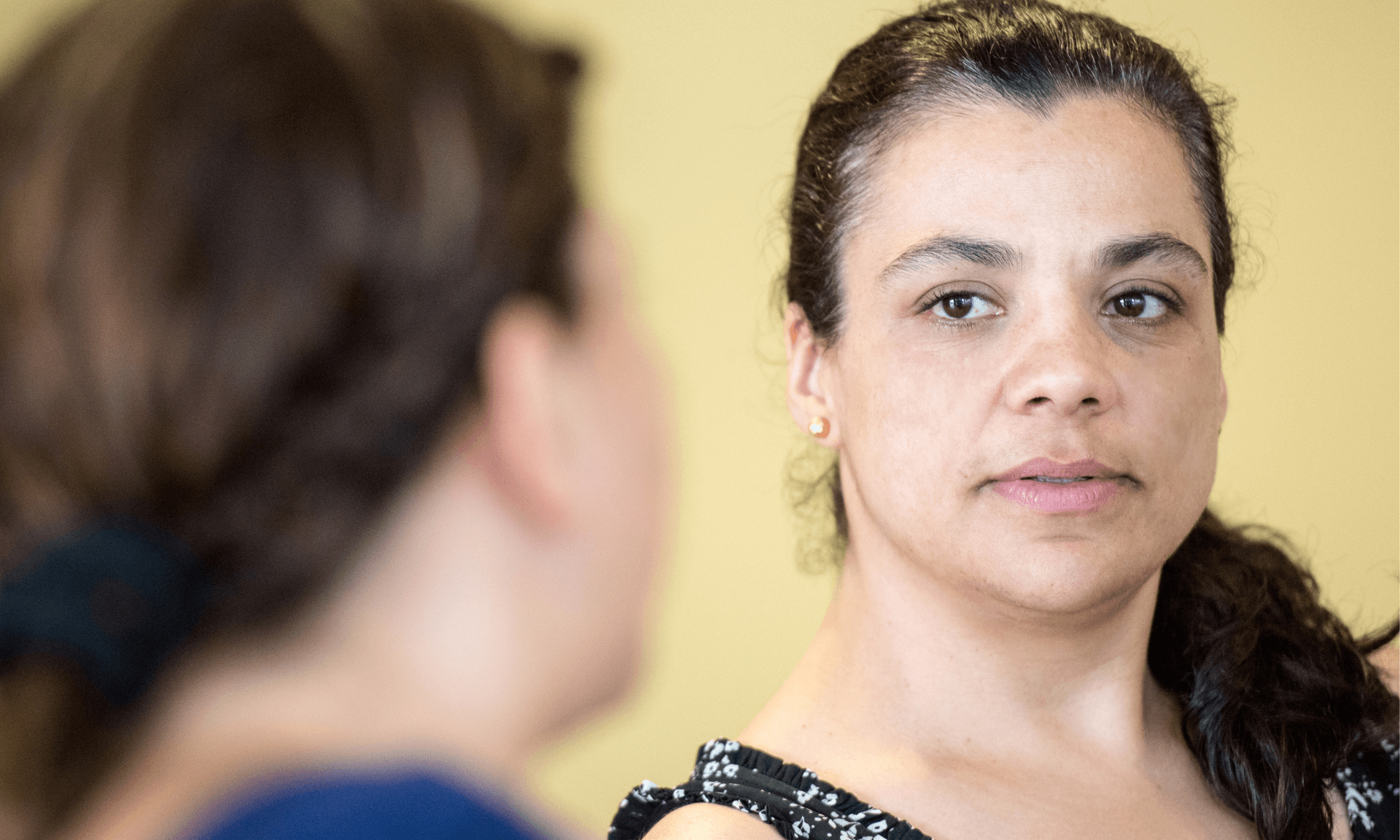One in six older Australians report experiencing elder abuse in the past year.
Certain factors can affect one’s vulnerability to abuse.
Here are some lifestyle habits that can help protect yourself or an older loved one from experiencing elder abuse.
Having peer support
Connecting with similar-aged people under professional guidance can be beneficial for preventing and overcoming elder abuse.
Benefits of being in a peer support group include:
- Referrals to helpful resources
- Having a safe space to talk openly
- Becoming educated and informed about ageing
- Getting advice from both peers and professionals
- Connecting with others who are in a similar stage of life.
The Senior Social Connection Program (SSCP) provides peer support to older people in Southeast Queensland.
The Queensland Government website lists senior peer groups offered across the state.
Seeing a financial counsellor
In Queensland, financial abuse is the most common type of elder abuse.
A financial counsellor can help you to protect your money and assets.
The Senior Financial Protection Service (SFPS) is a free program for older Queenslanders. The SFPS provides community education on protecting your finances in older age.
Practising healthy relationships
Healthy, respectful relationships with loved ones is a key protective factor for older people at risk of abuse.
If you want to improve a relationship with a loved one, you may consider mediation. Mediation provides a safe space for constructive conversations under professional guidance.
Elder abuse is most often inflicted by an adult child. If you feel anxious or unsafe around one of your children, we offer some advice here.
Seeking help from support services
If you or an older loved one may be experiencing elder abuse, there’s no shame in asking for help.
There is help available for anyone at risk of elder abuse, including:
- Elder Abuse Prevention and Support Service
- Seniors legal and support service
- Elder Abuse Helpline
- DVConnect
These free services provide safe support that prioritises the wellbeing of the older person.
Being mentally and physically active
Those with good physical and mental health are less likely to experience elder abuse. For example, poor physical health may lead to increased dependency, which can raise the risk of elder abuse.
Activities like yoga, walking, gardening, arts and crafts, and brain games or puzzles can benefit the mind and the body.
You may want to consider your capacity to own a pet, as pets can increase opportunities for getting outdoors, social interaction, and physical activity.
Being outspoken about your wants and values
Make sure that those important to you know your wants and your values.
Some ways to make sure your wishes are known include:
- Writing a will
- Creating an emergency plan
- Completing an advance health directive
- Having important conversations with family
- Setting up an Enduring Power of Attorney (EPOA).
When you are vocal about what you want, loved ones can more effectively help you when you need it.
Seeking legal advice before any major change
You should seek professional and legal advice before making any major life changes. These changes may include moving in with family, selling property, or setting up an EPOA.
You can find free legal advice for seniors from Community Legal Centres Queensland.
If an agreement is made, make sure it is in writing.
If you or an older person you know may be a victim of elder abuse, our experienced counsellors are here to help. We can help you explore your concerns and possible solutions in a safe and supportive environment.
You can learn more about our Elder Abuse Prevention and Support Service here, or call 1300 063 232.


